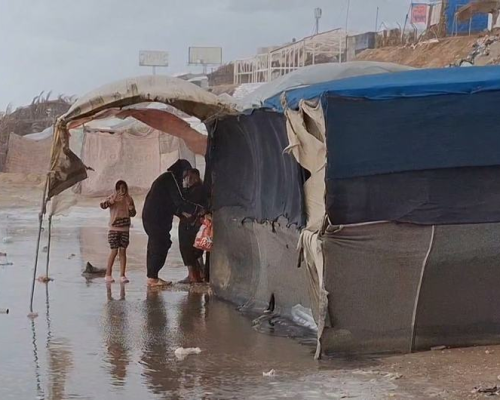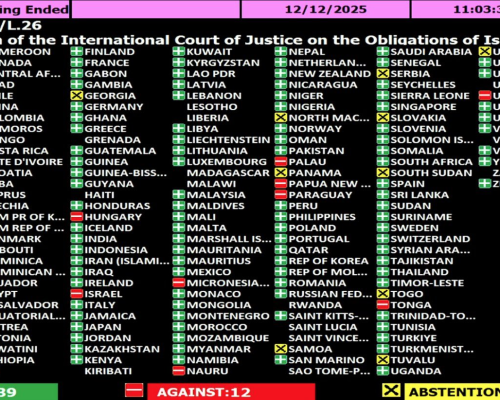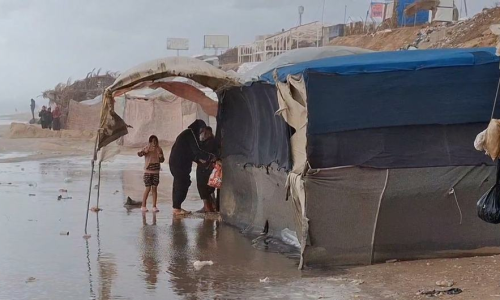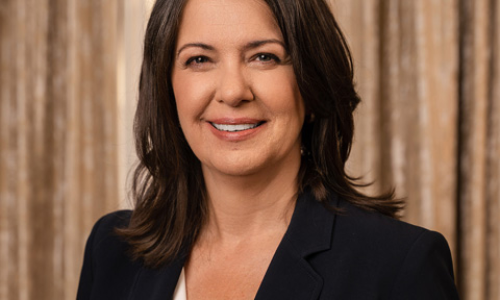By Taghreed Saadeh
Although Hamas officially rejects any direct negotiations with Israel, the political reality reveals the existence of unofficial channels of communication—often led or participated in by senior Hamas figures. Chief among them is Ghazi Hamad, widely considered one of the most pragmatic leaders in the movement and one of its most active figures in indirect negotiations with Israel, especially concerning prisoner exchanges and ceasefire arrangements.
Hamad is a prominent Hamas leader, born in the city of Rafah in southern Gaza. He held several official positions in the Hamas-run Gaza administration following the 2007 political split, including Deputy Foreign Minister, government spokesperson, member of the Hamas Political Bureau, and head of indirect negotiation files—most notably the prisoner exchange portfolio.
Following the capture of Israeli soldier Gilad Shalit in 2006, indirect negotiations between Hamas and Israel began. Hamad played a significant role during this period, maintaining contact with Israeli peace activist Gershon Baskin, who served as a key backchannel intermediary. Hamad exchanged messages and proposals with Baskin and contributed to shaping the 2011 Shalit prisoner swap deal. Throughout this process, Hamad served as a conduit between Hamas and Israeli intermediaries.
Baskin described him as “the most balanced person in Hamas” and “the practical face of negotiations.” The channel remained open until October 7, 2023, when Hamad appeared in the media expressing support for Hamas’s attack. Baskin then publicly announced the severance of their communication, stating, “I thought Hamad was a man of peace, but he betrayed me after October 7. I can no longer trust him.”
Nonetheless, contact was later renewed. Just days ago, Baskin revealed, “I received a message from the head of Hamas’s negotiation team,” confirming it was Hamad. According to the message, Hamas had repeatedly proposed the release of all hostages at once, but Israel rejected the offer and preferred partial deals. Hamad also conveyed that Hamas does not seek to govern Gaza after a ceasefire.
Some Israeli and media reports have indicated the possibility of overseas meetings between Hamas representatives (including Hamad) and international figures linked to Israel. While not formal negotiations in the official sense, Hamas has not denied these reports.
Within Israel, security agencies such as the Shin Bet and Mossad do not oppose maintaining backchannels with Hamas, and in fact rely on them during times of crisis. Politically, however, opinions vary:
The far-right strongly opposes any form of communication with what it calls “terrorist leaders.”
More pragmatic factions, however, acknowledge that figures like Ghazi Hamad are essential for managing critical and sensitive files.








